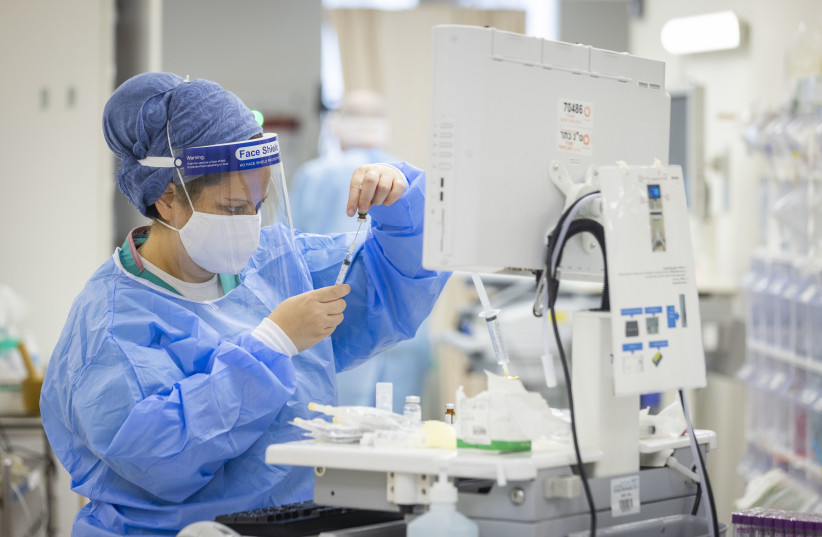Coronavirus vaccine boosters are crucial in order to maintain the body's immunity to infection, a new study by the Yale School of Public Health reiterated, showing that peak antibody levels achieved by getting vaccinated with an mRNA vaccine exceed those gained from natural infection, meaning that those vaccinated are more protected from reinfection than those who are not vaccinated and have healed from COVID-19.
How was this COVID-19 study conducted?
The team of researchers used a varied comparison of evolutionary approaches to better understand how long immunity to COVID-19 lasts after receiving an mRNA vaccine or booster shot. They also estimated the likelihood of future infections over time.
The study, published in the peer-reviewed journal the Proceedings of the National Academy of Sciences, looked at the Pfizer, Moderna - both mRNA vaccines - and AstraZeneca and Johnson&Johnson vaccines - both viral vector vaccines - tracking antibody levels developed by each vaccine in turn in contrast to natural infection.
The strength of mRNA vaccines
The study found that while mRNA vaccines produce more antibodies at peak production and therefore more protection than natural infection would, the viral vector vaccines produce approximately the same amount of antibodies as natural infection at peak capacity.
This means that the AstraZeneca and Johnson&Johnson vaccines are expected to "yield lower, shorter-term protection against breakthrough infection," the study says. More accurately, mRNA vaccines provide almost three times as much duration of protection in contrast to viral vector vaccines.

An "arms race" with COVID-19
However strong the protection from these vaccines may be, it is short-lived. Therefore, to attain dependable protection from reinfection, one must keep up with the booster shots, especially those specially adapted to address new variants of the virus.
"We are in an arms race with this virus," said assistant professor at the University of North Carolina at Charlotte, Alex Dornburg, co-lead author of the study. "It will evolve ways to evade both our natural and any vaccine-derived immune response. As we have seen with the Omicron variant, vaccines against early virus strains become less effective at combating new strains of the virus."
Indeed, the Omicron variant has been notoriously tricky, evading the body's defenses from prior vaccinations in a way previous variants had not been able to and causing the extremely aggressive fifth wave of the pandemic at the end of 2021.
"It is important to remember that natural immunity and vaccination are not mutually exclusive," said Jeffrey Townsend, the Elihu Professor of Biostatistics at Yale School of Public Health and the study’s lead author. "Many people will have partial immunity from multiple sources, so understanding the relative durability is key to deciding when to provide a boost to your immune system."
